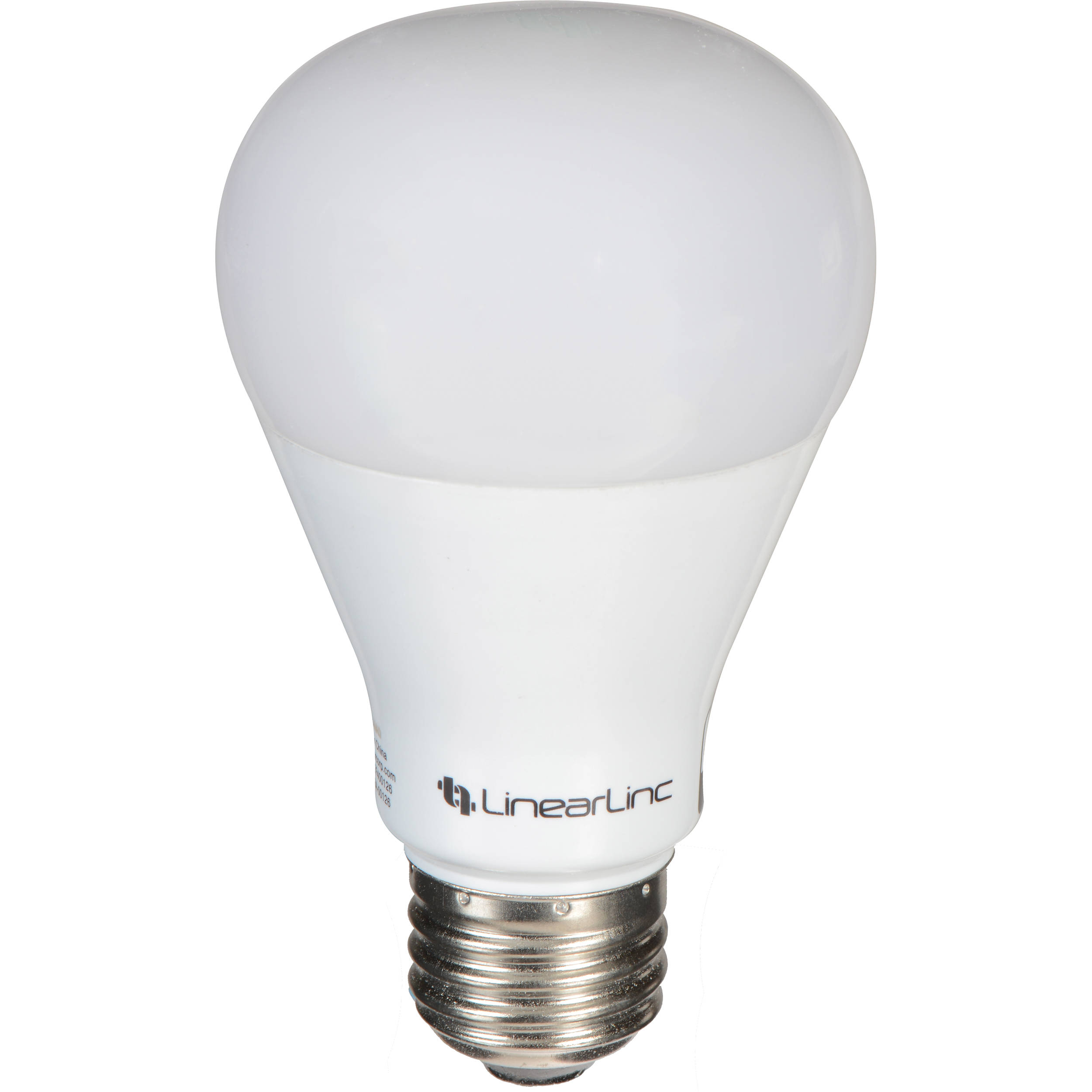this post was submitted on 03 Nov 2023
151 points (91.7% liked)
Asklemmy
45284 readers
1249 users here now
A loosely moderated place to ask open-ended questions
If your post meets the following criteria, it's welcome here!
- Open-ended question
- Not offensive: at this point, we do not have the bandwidth to moderate overtly political discussions. Assume best intent and be excellent to each other.
- Not regarding using or support for Lemmy: context, see the list of support communities and tools for finding communities below
- Not ad nauseam inducing: please make sure it is a question that would be new to most members
- An actual topic of discussion
Looking for support?
Looking for a community?
- Lemmyverse: community search
- sub.rehab: maps old subreddits to fediverse options, marks official as such
- !lemmy411@lemmy.ca: a community for finding communities
~Icon~ ~by~ ~@Double_A@discuss.tchncs.de~
founded 5 years ago
MODERATORS
you are viewing a single comment's thread
view the rest of the comments
view the rest of the comments

I've heard that story, but it doesn't fit the facts. Bulb life and efficiency is a compromise and no conspiracy is needed for manufactures to all settle on a similar optimal compromise. Long life bulbs existed back in the day, they were sometimes useful but mostly not worth it.
Also, that lightbulb that still shines today is kept on such a low output that it would not be useful for anyone.
Technology Connections did a good video debunking the light bulb conspiracy myth: https://youtu.be/zb7Bs98KmnY?si=kuo40VBOPtMzokqZ
Here is an alternative Piped link(s):
https://piped.video/zb7Bs98KmnY?si=kuo40VBOPtMzokqZ
Piped is a privacy-respecting open-source alternative frontend to YouTube.
I'm open-source; check me out at GitHub.